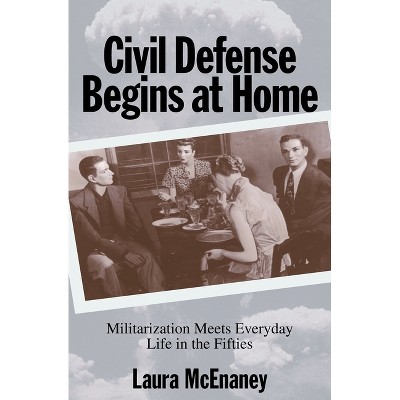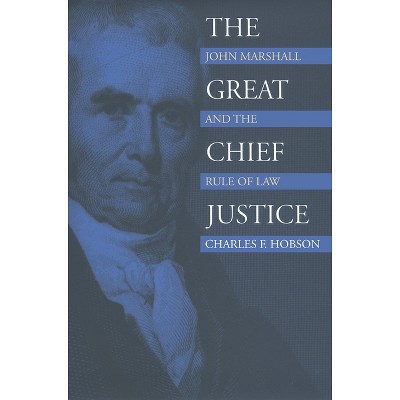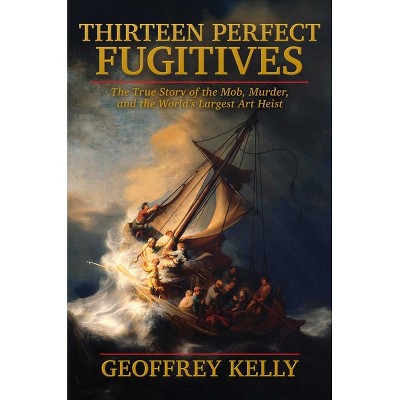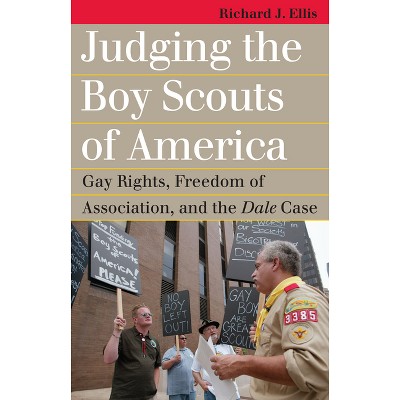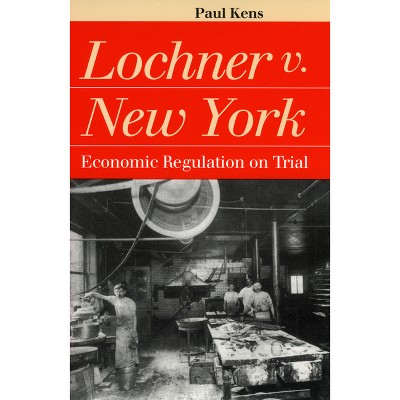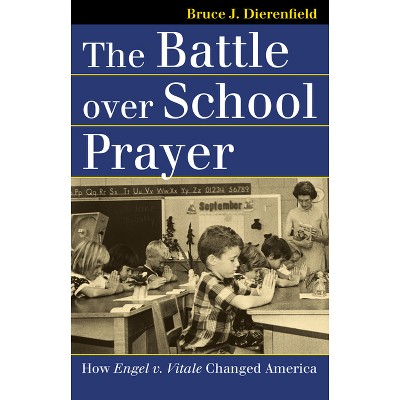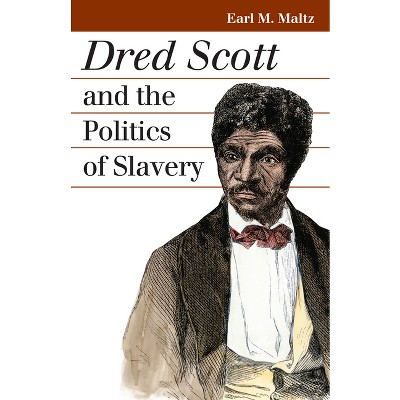Sponsored

Opposing Lincoln - (Landmark Law Cases & American Society) by Thomas C Mackey (Paperback)
In Stock
Sponsored
About this item
Highlights
- In a time of great national division, a time of threats of resistance and counterthreats of suppression, a controversial president takes drastic measures to rein in his critics, citing national interest, national security, and his obligations as chief executive.
- Author(s): Thomas C Mackey
- 200 Pages
- Freedom + Security / Law Enforcement, Constitutional
- Series Name: Landmark Law Cases & American Society
Description
About the Book
Clement L. Vallandigham of Ohio opposed the Civil War policies of President Abraham Lincoln and raised the issue of internal security. How the Lincoln administration and President Lincoln dealt with and understood the problem of disloyalty, together with a decision of the United States Supreme Court, helped to clarify the scale and scope of presidential war powers to limit political speech.Book Synopsis
In a time of great national division, a time of threats of resistance and counterthreats of suppression, a controversial president takes drastic measures to rein in his critics, citing national interest, national security, and his obligations as chief executive. If this seems familiar in our current moment of intense political agitation, that is all the more reason to attend to Thomas Mackey's gripping, learned, and eminently readable account of the Civil War-era case of Clement L. Vallandigham, an Ohio congressman arrested for campaigning against the war and President Lincoln's policies. In Mackey's telling, the story of this prominent "Copperhead," or Southern sympathizer, illuminates the problem of internal security, loyalty, and disloyalty faced by the Lincoln administration during wartime--and, more generally, the problem of determining the balance between executive power and tyranny, and between dissent and treason. Opposing Lincoln explores Vallandigham's opposition not only to Lincoln and his administration but also to Lincoln's use of force and his executive orders suspending habeas corpus. In addition to tracing Vallandigham's experiences of being arrested, tried, convicted by military commission instead of civilian courts, and then banished from the United States, this historical narrative introduces readers to Lincoln's most important statements on presidential powers in wartime, while also providing a primer on the wealth of detail involved in such legal and military controversies. Examining the long-standing issue of the limits of political dissent in wartime, the book asks the critical historical question of what reasonable lengths a legitimate government can go to in order to protect itself and its citizens from threats, whether external or internal. The case of Clement Vallandigham is, Mackey suggests, a quintessentially American story. Testing the limits of dissent in a political democracy in wartime, and of the scope and power of constitutional government, it clarifies a critical aspect of the American experience from afar.Review Quotes
"Vallandigham's story is one that every student of the Civil War should know, and it is ably told by Mackey."--Journal of the Civil War Era
"This short volume amply fulfills its stated goal of educating students and the public about the challenges of balancing liberty and security in wartime. This book serves as an outstanding entry point for further study and reflection on these crucial topics."--Political Science Quarterly
"Mackey has produced a thoughtful, classroom-friendly study of Vallandingham's wartime free speech battles with the Lincoln Administration."--Civil War Book Review
"By placing legal history in its wartime context and within a midwestern setting, Mackey delivers a spirited defense of Lincoln's war powers and makes legal history compelling and accessible to wider audiences interested in how the war unfolded on the home front."--Indiana Magazine of History
"In this insightful study, Thomas Mackey analyzes the constitutional collision between Clement Vallandigham's public opposition to national policy during the Civil War and President Lincoln's decision to limit political speech whenever needed to promote national goals. Vallandigham became the target because of his prominence. A complex story that includes legal and political calculations on both sides."--Louis Fisher, author of Reconsidering Judicial Finality: Why the Supreme Court Is Not the Last Word on the Constitution and Military Tribunals and Presidential Power: American Revolution to the War on Terrorism
"In addition to being a highly readable, fast-moving, compelling account of Clement Vallandigham's opposition to President Lincoln and the Civil War, Thomas Mackey's Opposing Lincoln implicitly raises important present-day issues such as the power of a president to suppress dissent and the capacity of loyal but incompetent subordinate officials to create trouble for a president."--William E. Nelson, Judge Edward Weinfeld Professor of Law and professor of history, New York University, and author of Marbury v. Madison: The Origins and Legacy of Judicial Review, Second Edition, Revised and Expanded
"Opposing Lincoln traces the sweeping changes to the political, legal, military, social, and federal systems during the Civil War. The work is both timely and perennial, examining questions about government restrictions on civil liberties during an emergency. Mackey's nuanced portrait of Lincoln's executive actions--in particular his decision to suspend habeas corpus--also presents how some viewed these measures as violating the existing constitutional order."--Sarah Burns, author of The Politics of War Powers: The Theory and History of Presidential Unilateralism
